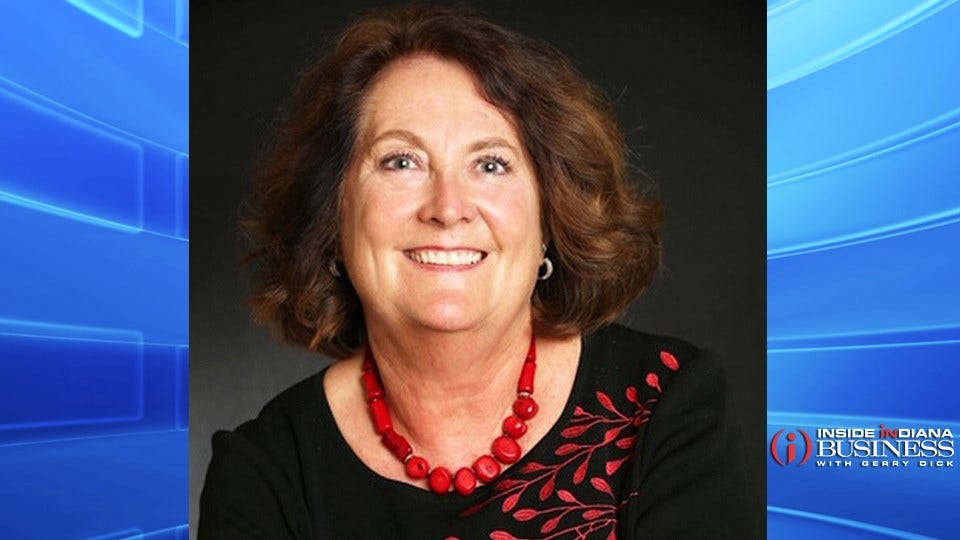Business Lending Isn’t About Money; It’s About Relationships

Subscriber Benefit
As a subscriber you can listen to articles at work, in the car, or while you work out. Subscribe NowThere’s a familiar adage that getting a loan requires proving you really don’t need one. It reflects the frustration and intimidation many business leaders feel when seeking financing for their companies and initiatives. When I’m at a social function and mention what I do, I sometimes hear horror stories from business owners.
The simple reality is banks like ours really do want to make loans. Lending is our primary source of revenue and by providing funding, we help make the communities we serve even better places to work, live, and play.
So if businesses want to obtain loans and bankers are eager to lend money, why does there often seem to be a disconnect? In my experience, it nearly always comes down to relationships and the expectations both sides bring. Just as marriages, friendships, and life’s other relationships require a two-way street paved with cooperation and communication, a successful lender-business relationship demands a genuine commitment from both sides.
Developing that relationship benefits your company’s future because a banker is more than just a source for capital. With the right relationship, you gain a valuable sounding board. Like your attorney and CPA, your banker can provide candid responses to your questions and concerns. Bankers bring an objective viewpoint to inform your decision-making and can make sure you’re looking at factors you may not have considered. We have a stake in your success, so it’s in our mutual interest to steer you clear of potential problems.
Community bankers aren’t in business for one-and-done lending or selling notes immediately after closing. We’ve made a long-term commitment to the places we serve, and we intend to be around to finance your next initiative, facility, or acquisition and the one after that. That’s why a good community banker really takes the time to get to know you, your business, your market, and your industry. We rely on that knowledge to make decisions about financing locally, instead of trusting algorithms or review committees located in other states.
As I said, strong relationships demand cooperation and communication from both sides. How can you strengthen your own relationship with a lender? Start by being forthright. You don’t like to be blindsided, and neither do we. For example, if you’re contemplating a change in ownership, expecting to make a major asset purchase, or looking to divest part of your business, let us know. We may be able to structure your financing in ways that support your plans.
Please respond to requests for reports, statements, and projections in a timely fashion. We’re not asking for that information to make you work harder. If we notice something concerning, we want to be able address it before it blows up into a bigger issue. And if you have bad news or uncomfortable information, don’t hold back. Healthy relationships demand mutual trust.
Given that relationships are a two-way street, what should you expect from your banker? Frankly, you should expect a lot. For starters, you should expect what I just described: the banker investing plenty of time to get to know you and your business. The better we understand what makes your company unique, the better we can respond to your needs for financing. Be wary of lenders who reply to your initial inquiry with a specific offer. If they’re not willing to take the time to get to know you and don’t understand how you and your industry operate, how can they deliver proactive solutions for your goals, plans, and needs?
You should expect the banker to explain the lending process, including the steps that take place after you’ve submitted an application. How will your application be reviewed and what is the banker expecting to see? A business loan application shouldn’t be like a lottery ticket where you cross your fingers and hope you’re lucky. It’s a business transaction for which you should have reasonable expectations. I mentioned the importance of being forthright with your banker, and you deserve the same treatment in return.
Finally, you should expect great communication from your banker, even when they don’t need something. As you go through their approval process, the banker should keep you apprised of each step and what to expect. If you have questions or concerns, you shouldn’t have to wait days for a response. And when the banker asks you to supply additional documents, they should give you a reasonable amount of time to gather them and make it easier for you to submit them.
Does all this sound simple? It really is. A strong relationship between a business and its banker should be a living example of the Golden Rule. Treating each other the way you would expect to be treated makes for a satisfying and mutually beneficial relationship.
Karen Gregerson is President & CEO of The Farmers Bank, a locally owned and operating bank with 10 banking offices in Central Indiana.
